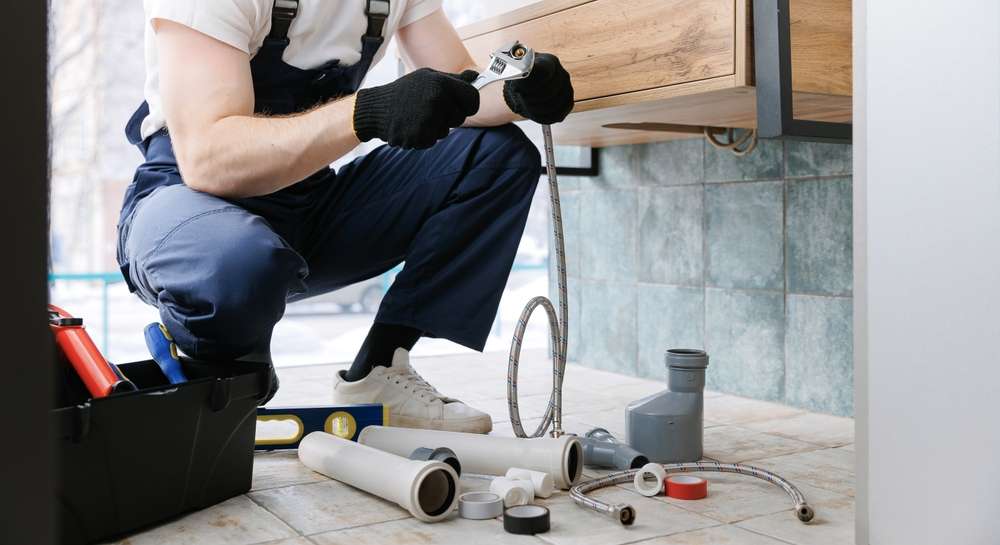Plumbing Careers in the United States: Opportunities and Training
Plumbing is an essential trade that plays a crucial role in maintaining the infrastructure of homes, businesses, and public facilities across the United States. As a skilled profession, plumbing offers stable employment prospects and opportunities for career advancement. This article explores the landscape of plumbing jobs in the US, including the requirements, training paths, and potential career trajectories for those interested in entering this field.

How can one become a licensed plumber in the US?
Becoming a licensed plumber in the United States typically involves a combination of education and hands-on experience. While specific requirements vary by state, the general path includes:
-
High school diploma or equivalent
-
Completion of an apprenticeship program (usually 4-5 years)
-
Accumulation of required work hours under a licensed plumber
-
Passing a licensing exam
Some states may also require additional certifications or continuing education to maintain licensure. It’s important to check with local licensing boards for precise requirements in your area.
What types of apprenticeship and training programs are available?
Apprenticeship programs are the cornerstone of plumbing education. These programs combine on-the-job training with classroom instruction, providing a comprehensive foundation for aspiring plumbers. Several types of apprenticeship and training programs exist:
-
Union Apprenticeships: Offered by organizations like the United Association of Journeymen and Apprentices of the Plumbing and Pipe Fitting Industry (UA)
-
Non-Union Apprenticeships: Provided by independent contractors or trade associations
-
Vocational School Programs: Offer classroom instruction and some hands-on experience
-
Community College Programs: Provide associate degrees or certificates in plumbing technology
These programs typically cover topics such as blueprint reading, safety practices, plumbing codes, and specialized techniques for various plumbing systems.
What are the career prospects for plumbers in the US?
The career prospects for plumbers in the United States are generally positive. According to the Bureau of Labor Statistics, employment of plumbers, pipefitters, and steamfitters is projected to grow 5 percent from 2020 to 2030, which is about as fast as the average for all occupations. This growth is driven by factors such as new construction, the need to maintain and repair existing plumbing systems, and the increasing focus on water efficiency and environmentally friendly plumbing solutions.
How much can a plumber expect to earn in the US?
Plumbers’ earnings can vary based on factors such as experience, location, and specialization. According to the Bureau of Labor Statistics, as of May 2020, the median annual wage for plumbers, pipefitters, and steamfitters was $56,330. However, earnings can range from around $33,460 for the lowest 10 percent to more than $98,990 for the highest 10 percent of earners in the field.
| Experience Level | Median Annual Wage |
|---|---|
| Entry-Level | $33,460 - $40,000 |
| Mid-Career | $56,330 - $70,000 |
| Experienced | $70,000 - $98,990 |
Prices, rates, or cost estimates mentioned in this article are based on the latest available information but may change over time. Independent research is advised before making financial decisions.
What are some specialized areas within plumbing?
Plumbing offers various specialization opportunities, allowing professionals to focus on specific areas of expertise:
-
Residential Plumbing: Focusing on homes and small-scale projects
-
Commercial Plumbing: Working on larger buildings and business complexes
-
Industrial Plumbing: Specializing in manufacturing facilities and industrial settings
-
Green Plumbing: Concentrating on water conservation and eco-friendly systems
-
Medical Gas Systems: Installing and maintaining gas systems in healthcare facilities
Specializing in one or more of these areas can lead to higher earning potential and expanded career opportunities.
The plumbing industry in the United States offers a stable and potentially lucrative career path for those willing to invest in the necessary training and education. With a combination of technical skills, practical experience, and ongoing learning, plumbers can build successful careers in this essential trade. As the demand for skilled tradespeople continues, plumbing remains a viable and rewarding profession for those seeking a hands-on career with room for growth and specialization.






